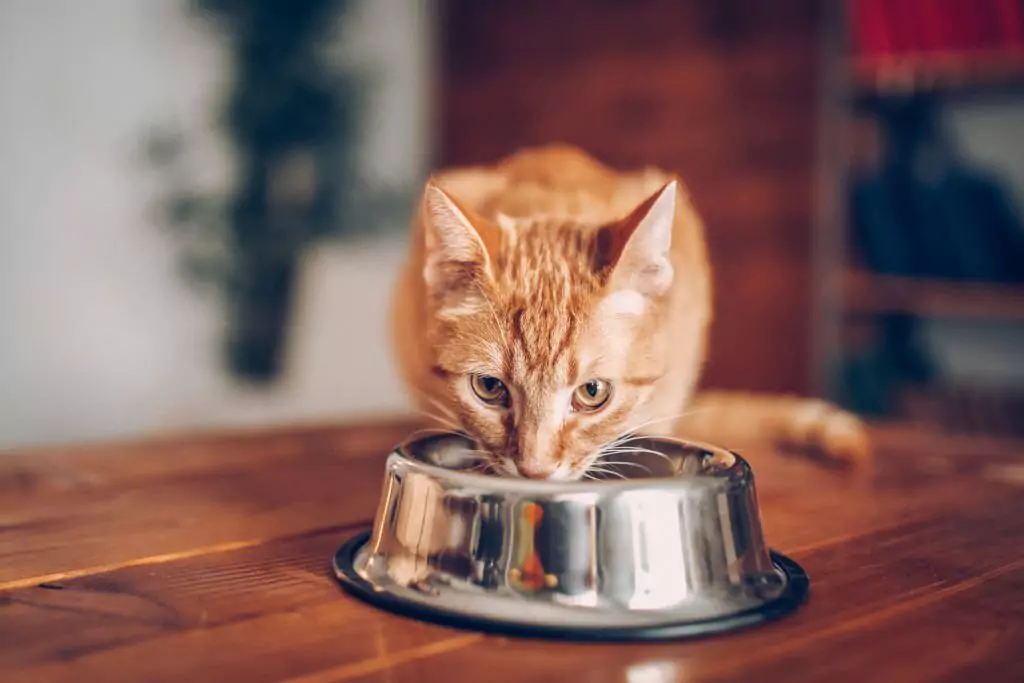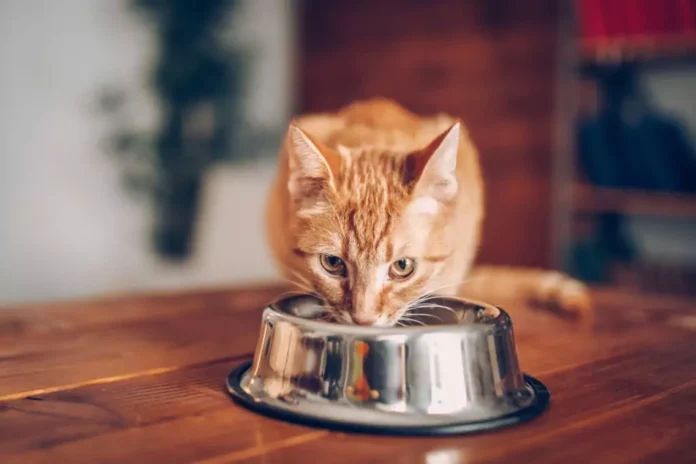Introduction: The Curiosity of Cat Owners
Cat owners are known for their curiosity about what their pets can and cannot eat. They want to ensure that their furry friends are getting the best nutrition possible. One common question that often arises is whether cats can eat peas. Peas are a popular vegetable among humans, but are they safe and beneficial for cats as well?

Nutritional Value of Peas for Cats
Peas are actually a good source of fiber, protein, and vitamins for cats. They contain essential nutrients such as vitamin A, vitamin C, and vitamin K. These vitamins are important for maintaining a healthy immune system and promoting overall well-being in cats. Peas also provide a good amount of dietary fiber, which can aid in digestion and prevent constipation in cats.
Potential Benefits of Feeding Peas to Cats
Feeding peas to cats can have several potential benefits. One of the main advantages is weight management. Peas are low in calories and high in fiber, which can help cats feel full without consuming excessive calories. This can be particularly beneficial for overweight or obese cats who need to shed some pounds.
In addition to weight management, peas can also improve a cat’s overall health. The fiber in peas can help regulate bowel movements and prevent digestive issues such as constipation. The vitamins in peas can boost the immune system and promote a healthy coat and skin in cats. Overall, incorporating peas into a cat’s diet can contribute to their overall well-being.
Risks and Concerns of Feeding Peas to Cats
While peas can be beneficial for cats, there are some risks and concerns to be aware of. Some cats may have difficulty digesting peas, which can lead to digestive issues such as gas or diarrhea. It’s important to monitor your cat’s reaction when introducing peas into their diet and consult with a veterinarian if any issues arise.
Another concern is the potential presence of harmful additives or preservatives in commercially available peas. Some brands may add salt or other seasonings to their peas, which can be harmful to cats. It’s important to read the labels and choose plain, unseasoned peas if you decide to feed them to your cat.
How to Safely Introduce Peas into Your Cat’s Diet
If you decide to feed peas to your cat, it’s important to do so in a safe and gradual manner. Start by introducing small amounts of peas into their regular diet and monitor their reaction. If they tolerate the peas well, you can gradually increase the amount over time.
It’s also important to note that peas should not replace a cat’s regular diet. They should be offered as a treat or supplement to their regular meals. Cats have specific dietary needs, and it’s important to ensure that they are getting a balanced and complete diet.
Alternatives to Peas for Meeting Your Cat’s Nutritional Needs
If you’re hesitant about feeding peas to your cat or if your cat doesn’t tolerate them well, there are other foods that can provide similar nutritional benefits. Green beans, for example, are low in calories and high in fiber, making them a good alternative for weight management in cats. Carrots are another option, as they are rich in vitamins and minerals. Pumpkin is also a popular choice, as it can aid in digestion and provide additional fiber.
Signs Your Cat May Be Allergic to Peas
Just like humans, cats can develop allergies to certain foods, including peas. If you notice any symptoms such as vomiting, diarrhea, or skin irritation after feeding your cat peas, it’s possible that they may be allergic. If you suspect an allergy, it’s important to consult with your veterinarian for proper diagnosis and guidance.
Conclusion: Making Informed Decisions About Your Cat’s Diet
In conclusion, it’s important for cat owners to make informed decisions about their pet’s diet. While peas can be a beneficial addition to a cat’s diet, it’s important to consider their individual needs and preferences. Monitor your cat’s reaction when introducing new foods and consult with a veterinarian if you have any concerns. Remember to always prioritize your cat’s health and well-being when making dietary choices.



